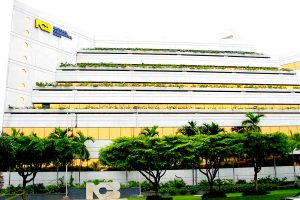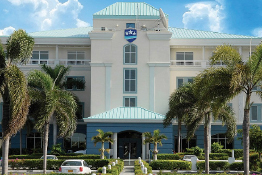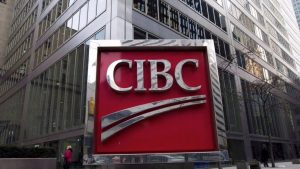Reform in the banking sector is the only way to realise sustained economic growth, Governor of the Eastern Caribbean Central Bank Sir Dwight Venner has said.
He told the fourth International Monetary Fund (IMF) High Level Forum here that the global financial crisis which started in 2007, has had a major impact on regional economies and banking systems “and we have not resolved that problem yet.”
Calling the resolution of the banking sector “a difficult task,” Sir Dwight said before economic growth can take place in the Caribbean “the underlying and structural issues must be dealt with as well.”
“This is the only way we can get the levels of economic growth required to address our development,” he added.
The ECCB Governor said the international community must join in resolving the “major issues,” adding that the two-day forum, which ends here today, can be a catalyst for solving problems in the banking sector.
Sir Dwight has been a loud voice for better regulation of the sub-regional banking sector, overseeing the passage of the Banking Act in ECCU member states, a necessity to maintain correspondent banking relationships.
The Prime Minister and Minister of Finance in St. Kitts/Nevis Dr. Timothy Harris agrees that since the global financial crisis which hit banks hard, “the region has been struggling to return to growth levels that we experienced before the crisis.”
“Relative to Latin American economies, our region’s growth has been subdued,” Dr. Harris said during the two-day forum.
He called on the region’s private sector to “play a more important role” to achieving “sustained economic growth.” Dr. Harris stressed the importance of partnership, telling delegates at the forum “no man is an island.”
The forum, “Financing Growth” in the Caribbean, focuses on issues critical for growth and competitiveness: reducing energy costs and financing national energy strategies, and banking sector issues, such as including improving access to credit for the productive sector.
It brought together prime ministers, finance ministers, central bank governors, and other high-ranking officials from Caribbean countries, as well as senior officials from the IMF, the Caribbean Development Bank, the Inter-American Development Bank, the World Bank and donors.





